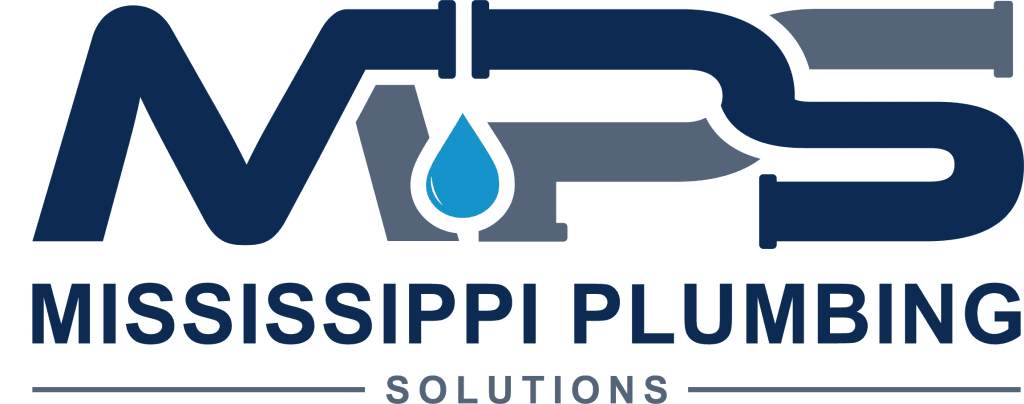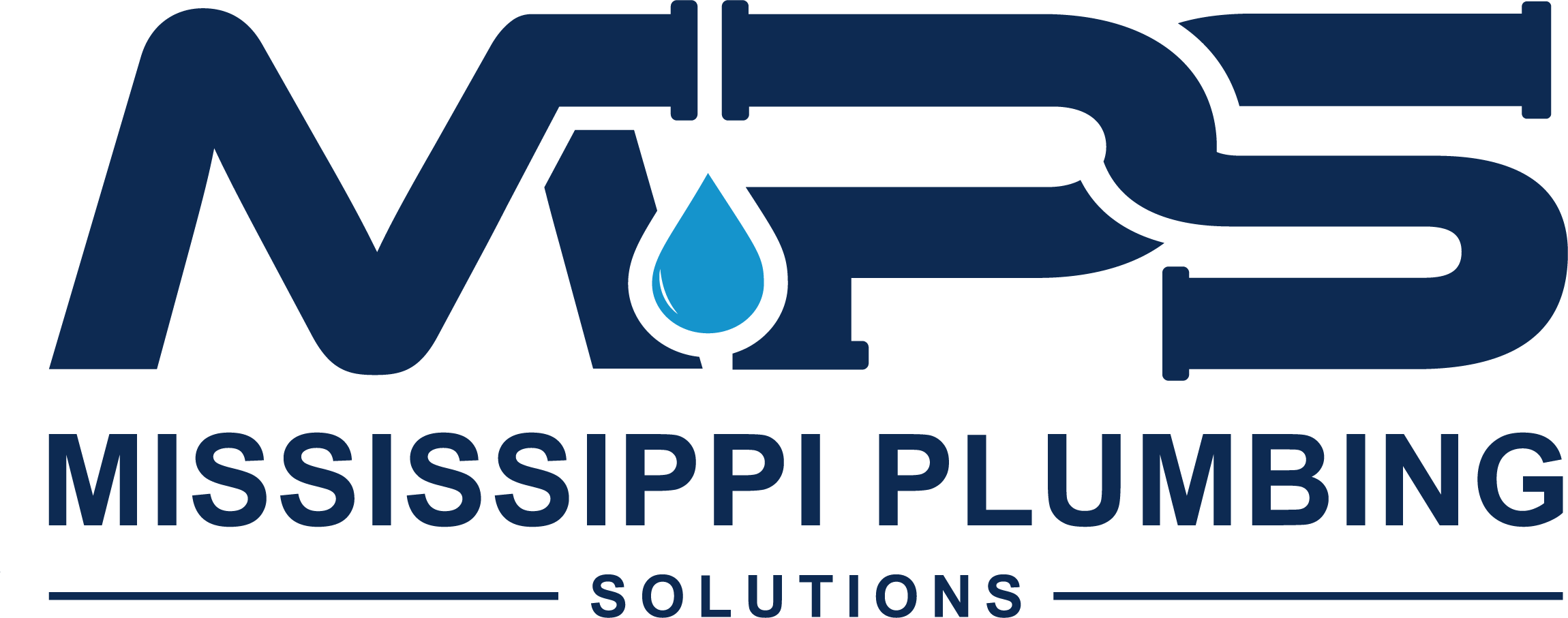Top 10 Tips for Preventing Clogged Drains in Your Home
Preventing drain clogs is all about regular maintenance and paying attention to what goes down your pipes. Keeping drains clean, getting professional inspections, and not allowing unwanted items to go down the drain are key steps. Interestingly, our local plumbing business found that a routine check at regular intervals can detect potential problem areas before they become serious issues. So, tend to those drains.
The top tips for preventing clogged drains include using drain strainers to catch debris, avoiding pouring grease down the drain, and regularly flushing drains with hot water to clear buildup. These simple practices can help maintain clear and functional plumbing in your home.
Regular Maintenance and Cleaning
Professional drain cleaning services are an essential part of preventing stubborn clogs. While it’s tempting to tackle drain issues with over-the-counter solutions, these products often provide only a temporary fix and can cause more harm than good in the long run. This is where periodic maintenance plans offered by expert plumbers come in handy.
A thorough drain inspection is a key element of these maintenance plans. Certified plumbers have the tools and expertise to delve deep into your plumbing system and identify any potential issues that could lead to clogs. By catching these problems early, you can prevent the inconvenience of a fully blocked drain that disrupts your daily routine.
During the cleaning process, professional plumbers use specialized equipment to ensure a comprehensive removal of build-up and debris from within the pipes. This not only eliminates existing clogs that may be lurking in the pipes but also helps in clearing away any residue that might lead to future blockages.
For instance, at Mississippi Plumbing Solutions, our experts utilize high-pressure water jetting technology to thoroughly clean the interior walls of the drainage system. This not only removes accumulated grease, hair, soap scum, and other substances but also helps in restoring the full flow capacity of the pipes.
Highlighting the significance of professional maintenance distinctly illustrates how this proactive approach can aid in maintaining clear, flowing drains and preventing major plumbing disruptions.
Best Solutions for Preventing Clogs
Clogged drains can be genuinely frustrating and cause a lot of inconvenience. Additionally, nobody wants to endure the hassle and cost of fixing a clogged pipe. Fortunately, there are some simple steps to prevent this from happening.
Hair Catchers and Sink Strainers
The name says it all—these simple tools catch stuff before it becomes a problem. They’re designed to intercept hair, food particles, and other debris before they have a chance to sneak into your pipes.
Hair is one of the main culprits behind clogged bathroom drains, and kitchen sink strainers are perfect for thwarting food scraps. They’re super easy to use and require minimal effort: just pop them into place and remove anything that collects on them every now and then.
This small, affordable investment has a big payoff—less time spent trying to unclog stubborn blockages in the future. Plus, you’ll save money in the long run by avoiding costly plumbing repairs caused by clogs.
Enzymatic Drain Cleaners
Chemical drain cleaners can be harsh on your pipes and harmful to the environment, but enzymatic drain cleaners offer a more natural alternative.
Our website offers various eco-friendly enzymatic drain cleaning products that are safe for your pipes and the environment.
By using enzymatic cleaners regularly, you can help prevent clogs from forming in the first place. It’s like having tiny cleaning assistants living inside your plumbing system, diligently breaking down potential troublemakers before they have a chance to cause problems.
These cleaners are easy to use and can be poured directly down the drain. By maintaining consistent upkeep with these eco-friendly products, you’re less likely to encounter unpleasant blockages that could disrupt your daily routine.
By being proactive in preventing clogs, you can maintain a smoothly running household. Now let’s explore how you can avoid accumulation of debris in your plumbing system for added peace of mind.
Avoid Accumulation of Debris
A smooth and unclogged drain is an essential component of a healthy and hassle-free household. To maintain that harmony, it’s important to be mindful of what goes down the drain. Food scraps, grease, coffee grounds, and other everyday items might seem harmless enough on their own, but when combined in the dark depths of your plumbing system, they can accumulate and result in stubborn blockages, causing water to back up and create an unpleasant mess.
The simplest way to prevent these accumulations is to think of your drains like gatekeepers—deciding what gets the okay to pass through. Cooking fats and oils should be collected in a separate container before being disposed of in the trash. Leftover food scraps should be scraped into the compost or garbage instead of slid down the sink. And those used coffee grounds can be saved for gardening or added to compost piles rather than being tossed into the drain.
By being mindful of what goes down your drains and making it a household habit to dispose of debris properly, you’re taking proactive steps to prevent future clogs and keep your plumbing in excellent condition.
Taking preventative measures against clogged drains sets the stage for a resilient plumbing system that ensures a smooth flow in your household. Let’s now move on to explore how civilian DIY prep and knowledge can further solidify your home’s defense against common plumbing mishaps.
Civilian Diy Prep and Knowledge
First things first, when handling drain clogs, understanding how our home plumbing system works is key. It’s similar to tending to a small garden. We need to recognize that what goes down our drains can affect the whole network of pipes in our homes. And just like a garden, with regular care and attention, we can avoid larger problems down the road.
So, what do you do if your kitchen sink suddenly becomes sluggish? You might be surprised how easy it is to treat minor clogs or prevent them from happening at all. Let me introduce you to some valuable tools and tricks that every homeowner should know.
Plumbing Snake: This nifty little tool is designed to help break up and remove clogs that are within a few feet of the drain opening. It’s typically used by professionals, but it’s also available for homeowners to use.
Hot Water and Vinegar: When it comes to grease and gunk build-up in your kitchen drain, hot water combined with vinegar can work wonders. Pouring this concoction down the drain regularly can help dissolve greasy build-ups before they become stubborn clogs.
Baking Soda and Salt: This pantry staple duo is often added directly to the drain followed by hot water to prevent blockages. It’s an old-fashioned method but is surprisingly effective in maintaining clean and healthy drains.
If your sink has a slow-moving drain, first try using a plumbing snake or pouring hot water and vinegar down the drain to loosen things up without doing any harm—that’s better than grabbing those harsh chemicals right away!
Armed with this knowledge and set of tools, you’re equipped to handle minor clogs efficiently. Now, let’s move on to exploring innovative ways to use hot and cold water effectively for maintaining pristine drains.
Using Hot and Cold Water Innovatively
Ah, hot and cold water – a tale as old as time. While seemingly straightforward, these two types of water play pivotal roles in preventing clogged drains in your home. Let’s break down how you can use hot and cold water in innovative ways to keep your drains clear and free-flowing.
Hot Water After Each Use
After each use, run hot water down the drain to dissolve grease and soap residues that would otherwise solidify over time, causing stubborn blockages. The heat from the hot water helps loosen up oily substances, making it easier for them to flow out through the pipes instead of sticking to the walls. This effortless step only takes a few seconds but can save you a lot of hassle in the long run.
Cold Water with the Garbage Disposal
When using the garbage disposal, it’s best to run cold water instead of hot. The reason for this is different: Cold water can solidify grease or fat, preventing it from adhering to the inside of pipes, much like a brave knight protecting your kingdom of pipes from unwelcome invaders.
Utilizing cold water while using the garbage disposal ensures that fats and oils don’t have a chance to cling onto the pipe surfaces and accumulate over time. Instead, they solidify and are more easily broken down by the garbage disposal before being washed away with the flow of cold water.
It’s just like doing dishes – if you run fatty or oily dishes under hot water, the oil glides off effortlessly, but if you do it under cold water, it stiffens and forms chunks that are easier to scrub away—the same principle applies here!
By integrating these ingenious applications of hot and cold water into your daily routine, you’ll be able to keep your drains clear and active while also preventing any potential clogs from arising.
By implementing these clever strategies with hot and cold water, you put up a strong defense against future plumbing woes. Next up, we’ll explore how conscious disposal practices can make all the difference for your plumbing system.
Conscious Disposal Down The Drain
When we consider preventing drain clogs, a lot of emphasis is placed on what we can actively put into our drains. That list may seem pretty short—avoid flushing non-biodegradable items and only flush toilet paper. But sometimes, being mindful of what not to throw down the drain goes beyond just that physical list.
It’s also about considering the broader environmental impact. Reflecting on the eco-friendliness of your disposal is beneficial in more ways than one! When you make an effort to dispose of items the right way, you’re contributing positively to the environment and preventing damage to your drainage system.
For instance, old cooking oils and greases are some of the worst culprits for causing clogs. Taking the time to let these oils cool and then disposing of them in a container, rather than pouring them down your sink, can save you a lot in plumbing expenses. This small effort prevents potential blockages and has countless benefits for both your home and the environment.
By being mindful of your disposal habits, you’re not only safeguarding your drains but also making a positive impact on the environment. It’s a win-win for both your home and nature.
Ready to say goodbye to clogged drains for good? For professional drain cleaning services and a hassle-free plumbing experience in your home, contact Mississippi Plumbing Solutions today. Schedule your appointment now and enjoy peace of mind knowing your plumbing is in expert hands. Contact us today!


